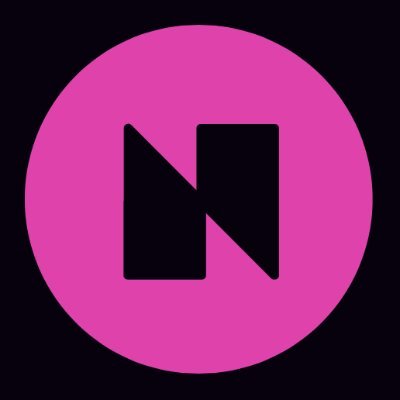
deBridge
deBridge is a modular cross-chain interoperability layer enabling instant token swaps and messaging across 30+ blockchains with deep liquidity and low fees.
Overview
deBridge is a comprehensive cross-chain interoperability protocol designed to enable seamless movement of tokens and arbitrary data across more than 30 blockchains. It offers a modular architecture that supports liquidity bridging, messaging, and asset custody, allowing developers to build complex multi-chain decentralized applications (dApps) with ease. The platform combines a decentralized validator set with delegated staking and on-chain slashing to ensure security and reliability. Its capital-efficient liquidity network uses just-in-time liquidity from market makers, avoiding the risks and inefficiencies of locked liquidity pools common in traditional bridges.
Key components include the Interoperability-as-a-Service (IaaS) subscription, which enables any EVM or SVM-compatible chain to onboard deBridge’s messaging, liquidity, and custody features out-of-the-box. The DLN Liquidity Network facilitates instant, single-transaction cross-chain swaps and payments with RFQ pricing and partial fills. dePort provides a lock-and-mint bridging model with 1:1 collateralization for tokens requiring canonical representation across chains. Additionally, deBridge Messaging allows smart contracts to execute cross-chain calls atomically, while the Hooks Framework enables programmable callbacks for automated workflows.
What sets deBridge apart is its combination of deep liquidity, low fees, and guaranteed rates, backed by extensive security audits and a bug bounty program. It supports a wide range of chains including EVM-compatible networks, Solana, Cosmos SDK chains, and emerging Layer 2 solutions. Developers can integrate quickly using TypeScript SDKs, REST/gRPC APIs, GraphQL subgraphs, and ready-made React widgets. Real-world adoption includes high-volume transactions such as a $4 million USDC bridge from Ethereum to Solana, and endorsements from prominent figures and projects in the crypto space. To get started, developers can explore the modular components individually or as a full stack, with comprehensive documentation and active community support available.
The Problem
Cross-chain interoperability faces challenges such as inefficient liquidity usage, slow settlement times, security vulnerabilities, and complex integration processes. Many bridges lock large amounts of capital, increasing systemic risk and reducing capital efficiency. Developers also struggle with fragmented messaging protocols and lack of composability for multi-chain dApps.
The Solution
Key Features
Interoperability-as-a-Service (IaaS)
Turnkey subscription enabling any EVM or SVM chain to onboard deBridge’s messaging, liquidity, and custody features.
deBridge Alternatives
Explore web3 competitors and apps like deBridge.

Router Protocol
Pricing
IaaS Subscription | DLN Liquidity Network | |
|---|---|---|
| Price (Monthly) | Custom pricing | Free |
| Price (Annual) | Custom pricing | Free |
| Messaging | N/A | N/A |
| Support | Dedicated support for subscribers | Community support via Discord and GitHub |
| Analytics |
Start Building Now
Reliable RPC, powerful APIs, and zero hassle.
Resources
deBridge provides extensive developer resources including modular SDKs, REST/gRPC APIs, GraphQL subgraphs, React widgets, detailed documentation, security audit reports, and an active Discord community for integration support.





















